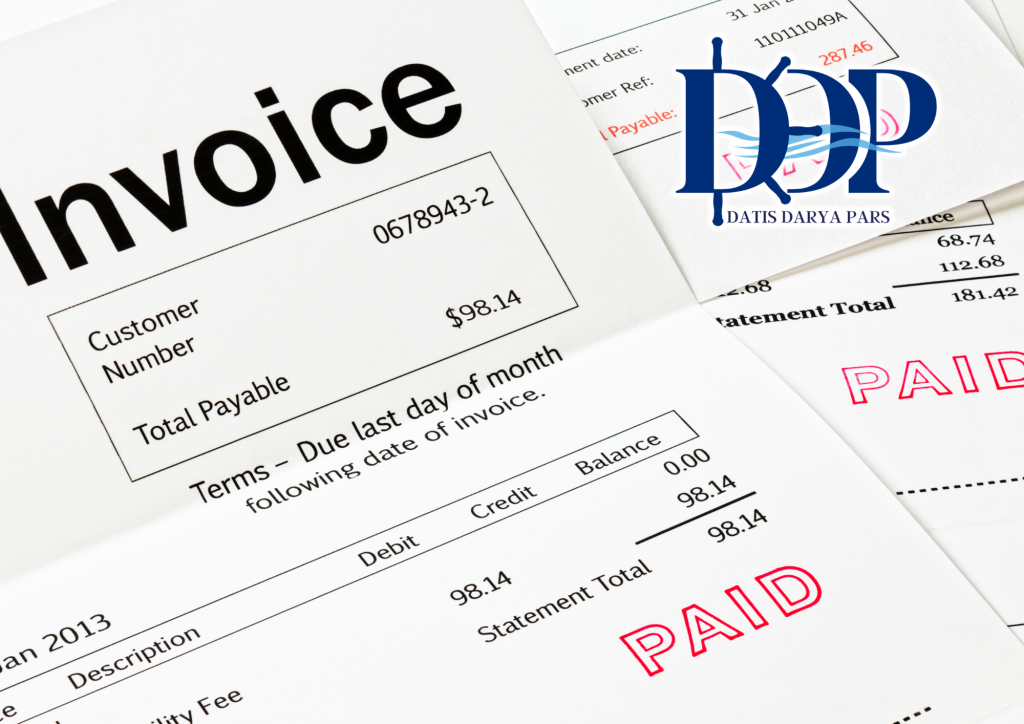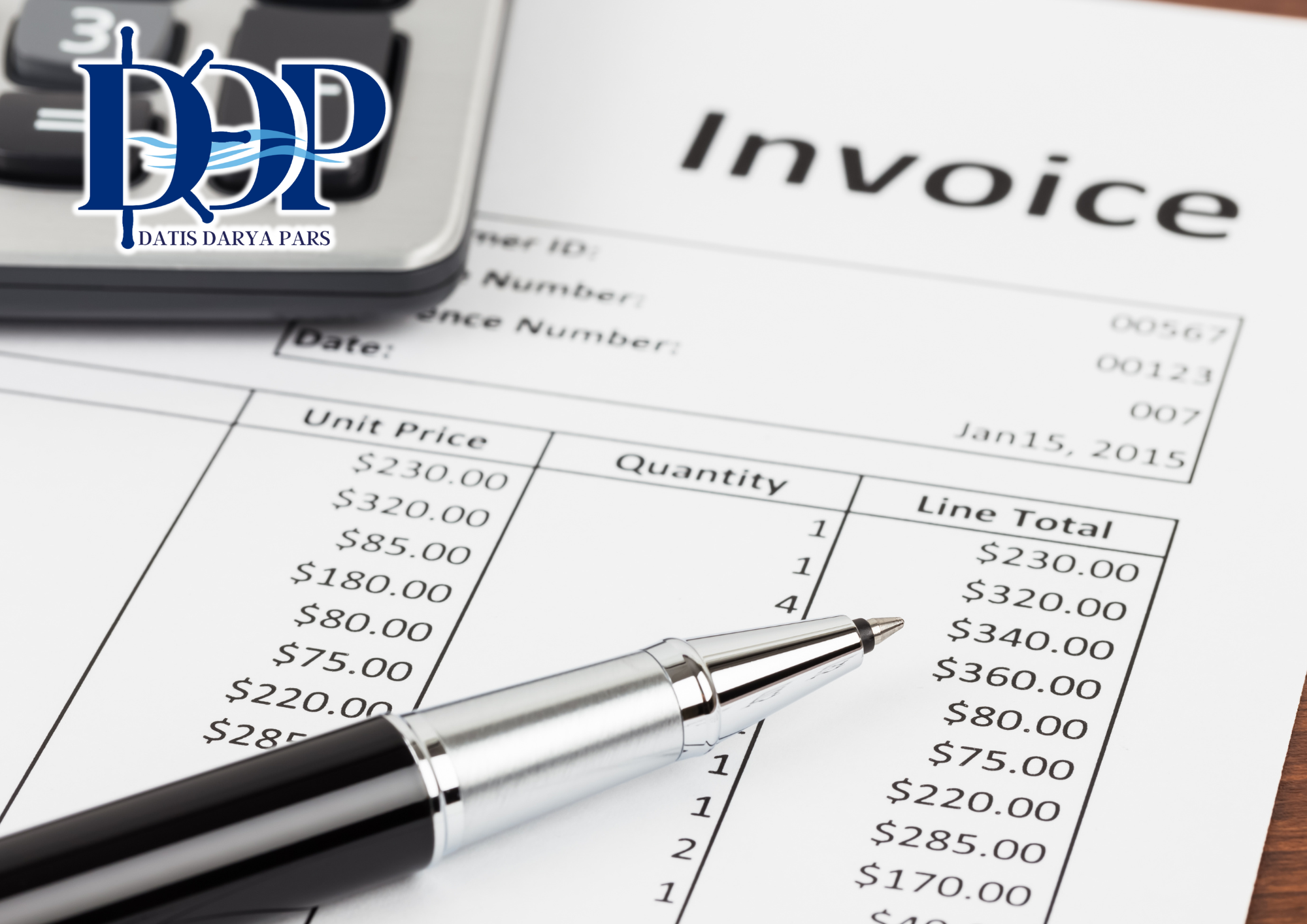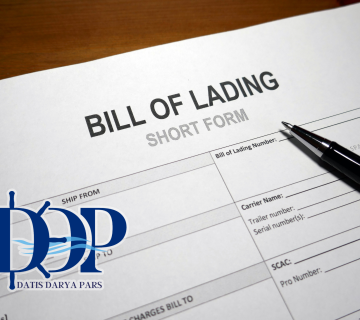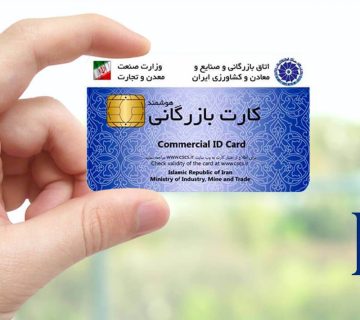What is a Proforma Invoice and what is its significance in customs procedures?
A Proforma Invoice is a document issued by the seller before finalizing the deal. It includes detailed information about the goods or services provided, prices, payment terms, and delivery methods. Unlike an official invoice, which serves as the basis for final payments, the Proforma Invoice is more informative in nature, helping the buyer assess costs and terms before making a final decision.
Contents of a Proforma Invoice
A typical Proforma Invoice usually contains the following items:
- Buyer and seller information: Including names, addresses, and contact details of both parties.
- Description of goods or services: Detailed specifications of the goods or services, including quantity, dimensions, weight, and unit price.
- Payment terms: How and when payment will be made, including methods like a letter of credit or post-delivery payment.
- Delivery terms: The time and place of delivery, transportation costs, and related conditions.
- Customs and tax conditions: Information regarding customs duties and tariffs that may apply to the goods.
- Validity period: Proformas generally have an expiration date, indicating when the prices and terms are valid.
Importance of Proforma in Customs Procedures
The Proforma Invoice plays a critical role in customs procedures and facilitates the entry and exit of goods. Its key uses in customs processes include:
- Goods clearance: It is used as one of the essential documents for clearing goods from customs. The customs authority reviews the value of the goods and determines the applicable customs duties and tariffs. Accurate information on the Proforma can prevent customs issues and expedite clearance.
- Opening a letter of credit: For imports, banks require a Proforma Invoice to open a letter of credit. This document helps the bank provide financial facilities to the buyer and finance the transaction.
- Requesting necessary permits: The Proforma is often used as the primary document to obtain import and export licenses from relevant authorities, such as industry or mining organizations. It provides the necessary information for obtaining permits and facilitates the approval process.
- Formal documentation of the deal: The Proforma officially records the terms and details of the deal. In case of trade disputes or legal issues, it can serve as a valid document.

Advantages of Using a Proforma
- Transparency in the transaction: By providing detailed information about the goods and transaction terms, the Proforma helps prevent misunderstandings between parties and promotes transparency.
- Risk reduction: By using the Proforma, parties can ensure the accuracy of the provided information and reduce transaction-related risks.
- Facilitating negotiations: As a preliminary draft, the Proforma allows the parties to negotiate terms before finalizing the deal and make necessary changes.
- Cost management: It helps the buyer assess costs accurately and better plan for the transaction and its financing.
Important Points in Drafting a Proforma
Care must be taken to ensure the information is accurate and precise when drafting a Proforma. Important details include separating the costs of goods and transportation, specifying the currency exchange rate and currency unit, and providing exact customs conditions. Additionally, the Proforma should bear the seller’s official stamp and signature to be legally valid.
Conclusion
The Proforma Invoice, as an informational document and prerequisite for many customs and financial processes, plays an important role in international trade. By using this document, both the buyer and seller can engage in a transaction with greater confidence and avoid potential issues later on.

 then 'Add to home screen'
then 'Add to home screen' then 'Add to home screen'
then 'Add to home screen'



بدون دیدگاه